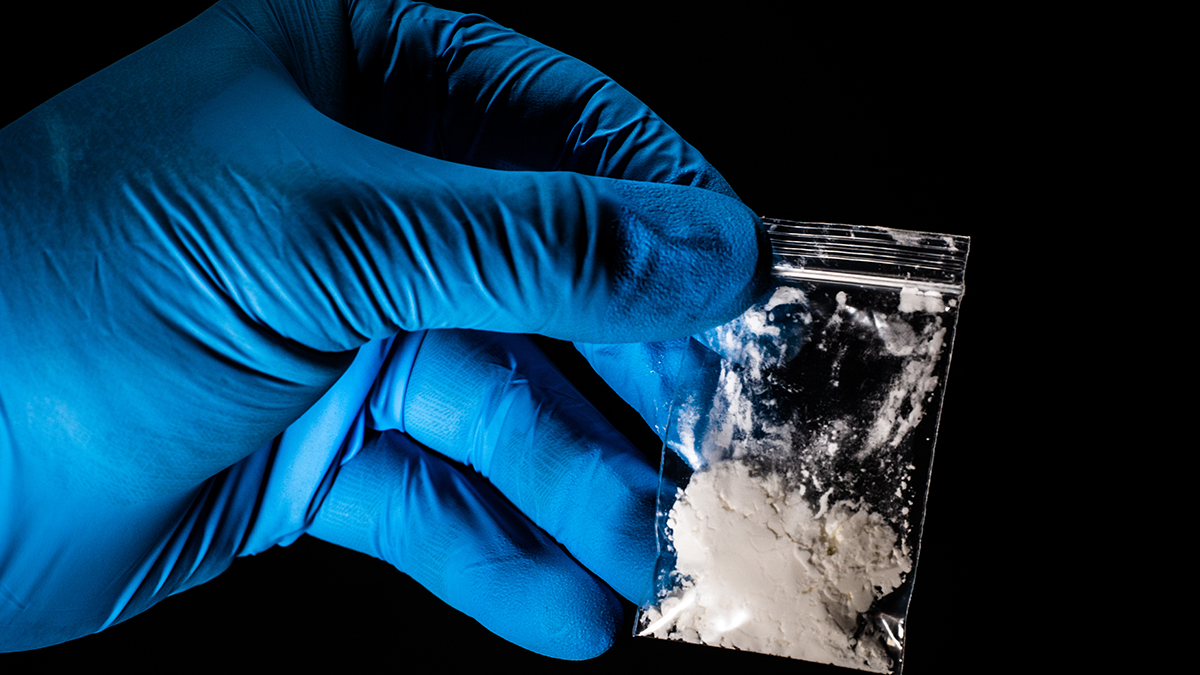Walk around near a hospital, and you'll see healthcare workers out and about, wearing their scrubs. It's the colorful, pajama-like uniform donned by anyone from hospital cafeteria employees to nurses and surgeons.
Scrubs are on the move, in coffee shops, restaurants, on the subway - not exactly a fashion statement, but some experts are concerned that it also poses a health risk - since germs can travel in and out of hospitals on these uniforms.
"You're really not supposed to wear scrubs outside of the hospital," explained one employee from a Philadelphia hospital who asked to remain unnamed. He added that he'd never been questioned by his employers about wearing scrubs outside.
"I'm literally just walking across the street, less than a block," said another hospital employee in bright pink scrubs. Yet another explained that on days where he doesn't have procedures scheduled, he feels that it's okay to wear his scrubs outside of the hospital.
As scrub-wearing healthcare workers walk around, all biologist Jonathan Eisen of UC Davis can see is traveling germs. Eisen is not a germophobe. Germs are his life, he studies microbes; the good, the harmless, and the terrifying.
"There's been a very rapid and scary increase in the abundance and frequency of infections of antibiotic resistant bacteria," he explained. "And one place we see a much higher frequency of these organisms is in medical care facilities, that's where people go when they are sick - hospitals."
Local
Breaking news and the stories that matter to your neighborhood.
Eisen says the biggest concern with scrubs outside of the hospital is not so much bringing germs in, but carrying them out. He says research has shown that scrubs get contaminated quickly and collect bacteria. "The thing we don't know a lot about whether or not going outside the hospital after they have gotten contaminated causes any transmission of those microbes to other people."
So - scrubs may collect lots of germs - but researchers don't know if that actually causes any problems.
"There is really limited evidence, lack of data on the role of attire, and the role of scrub attire, and the transmission of organisms in healthcare settings," said Julia Sammons, medical director of the department of infection prevention and control at the Children's Hospital of Philadelphia.
"So until robust evidence exists, or more robust clinical studies are done, our focus is more on evidence based practices, including hand hygiene, the isolation of patients with communicable diseases, disinfecting of the environment. These things which have strong evidence behind them for reducing the press of germs in hospitals."
Sammons says CHOP only has specific policies when it comes to Operating Room scrubs, and areas of the hospital where instruments are sterilized - scrubs worn there can not leave the hospital, but that's it. "As a general employee, outside of the operating room, scrubs can be worn just like other clothing as part of the uniform."
The American Hospital Association has no guidelines on this topic.
All of the area hospitals we contacted seemed to have the same scrub policies as CHOP - firm rules only apply to OR scrubs and some other specific areas of the hospital.
Pennsylvania hospital administrators said they recently outlawed fleece garments - because their fuzzy texture makes them more prone to collecting germs, and they also shed.
But - talking to scrub-wearing employees outside of several hospitals, there seems to be confusion about this topic. Employees at a New York city hospital that has specific signs stating "no scrubs outside of the hospital" were walking around in their uniforms, and said they were unaware of the policy.
The fact that hospitals don't seem to consider scrubs as potential bad actors in germ-spreading irks biologist Jonathan Eisen.
"So there's this big surface area, and it just seems as a precautionary principle, hospital and medical workers should try to do the simple things that could limit the possibilities of spreading organisms that you don't want," he said. "It just doesn't seem that bringing scrubs outside of the hospital makes sense as common practice.
Taking a closer look at scrubs could bring up a lot of similar issues for hospitals - what about shoes, ties, cell phones, and the beloved white coat?
But Eisen says with the exponential rise of antibiotic resistant organisms, even if this wasn't a big deal in the past - it's something healthcare providers must think about going forward.



